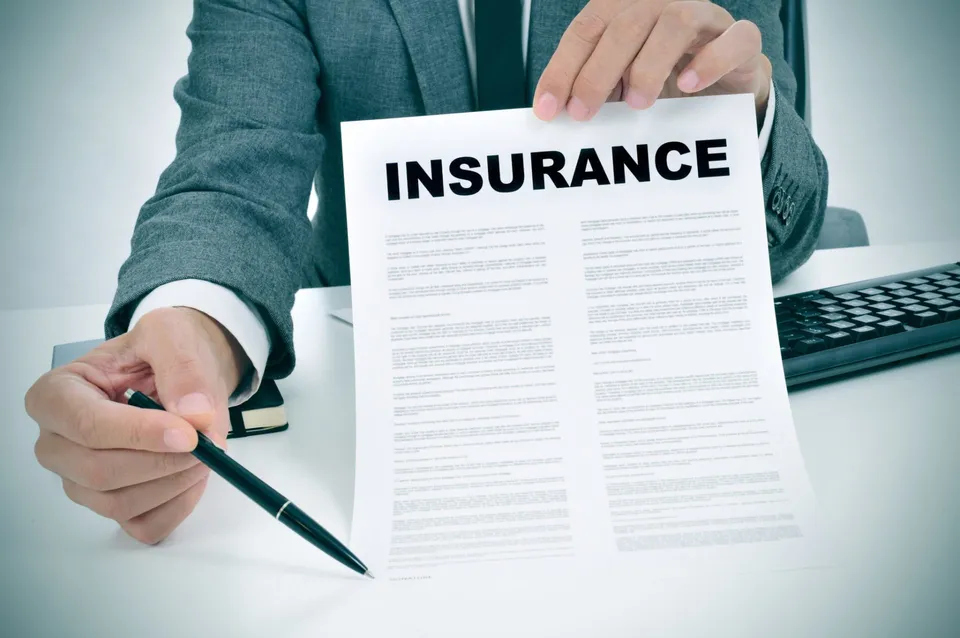Paying Your Medical Bills After An Accident
- January 13, 2017 @ 6:58 pm
- Written by admingil
- Categories: Accident | Auto Accidents | Insurance | Motor Vehicle Accidents

If you have been in an auto accident and received any sort of medical treatment afterwards, you will have to worry about medical bills and health insurance claims. Auto insurance should cover your medical treatment, but most hospitals prefer not to wait to work out who was at fault. If you were not able to give the hospital your health insurance information when you arrived, they will likely try to bill you personally. You or your law firm will be able to get the bill sent to the appropriate party later.
How you’re covered typically depends on the type of insurance plan you have:
At-Fault Insurance Plans
If you have both medical and auto insurance, you may be wondering which will pay for your medical costs. Under at-fault insurance plans, the hospital will start by billing you personally or billing the medical insurance company whose information you provide. Later, the other driver’s auto insurer may reimburse you or your health insurer. If you are among the few drivers who have medical payment coverage on your auto insurance policy, your own insurance company may reimburse you.
No-Fault Insurance Plans
If you have no-fault insurance (PIP coverage), your auto insurance company should pay. The hospital may bill you personally at first, but it should be simple to transfer the obligation to your insurer. You may still have a deductible under your PIP policy. If your bills are higher than the amount of PIP coverage you have, any medical insurance will take over after your auto insurance coverage is used up.
If there are problems, keep in mind that most states ultimately hold you responsible for your own medical bills, regardless of whether insurance should cover it. That means you should act quickly if the insurance company refuses to meet its obligations.
